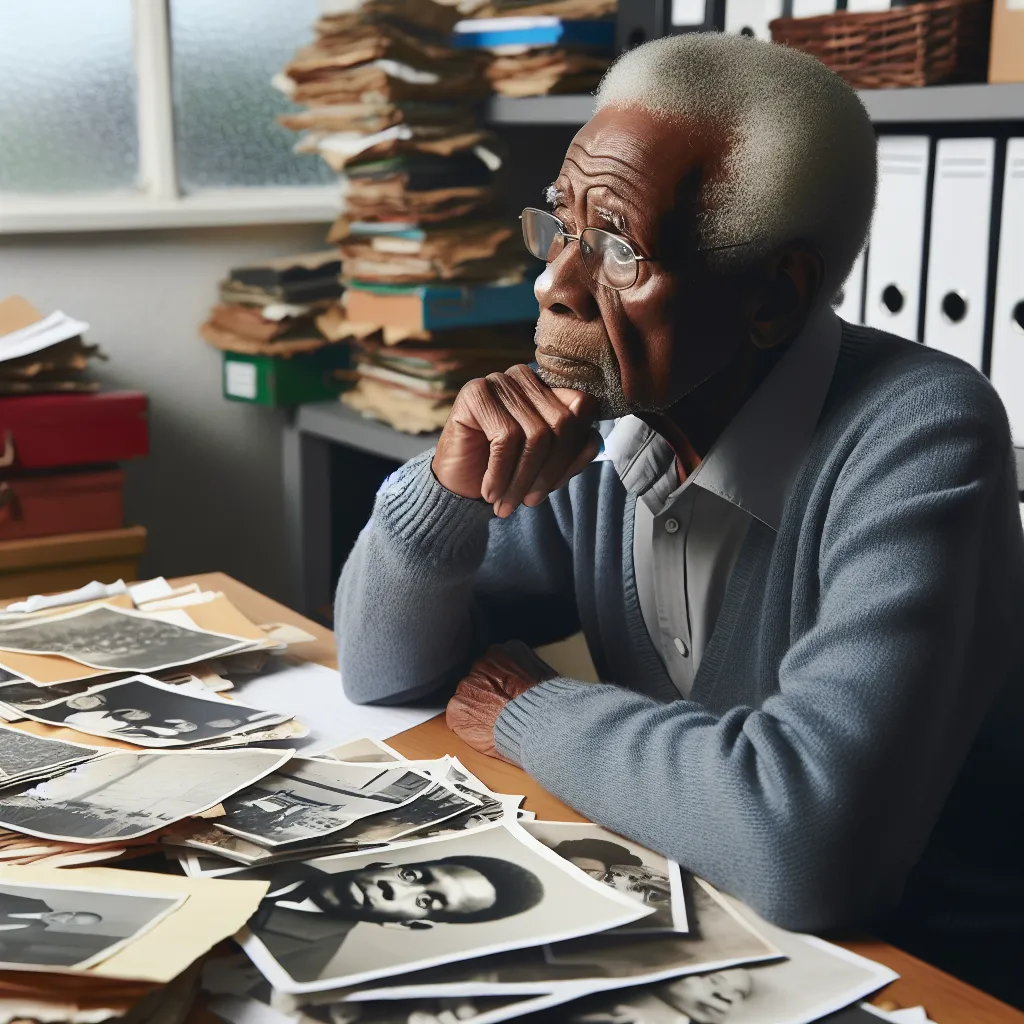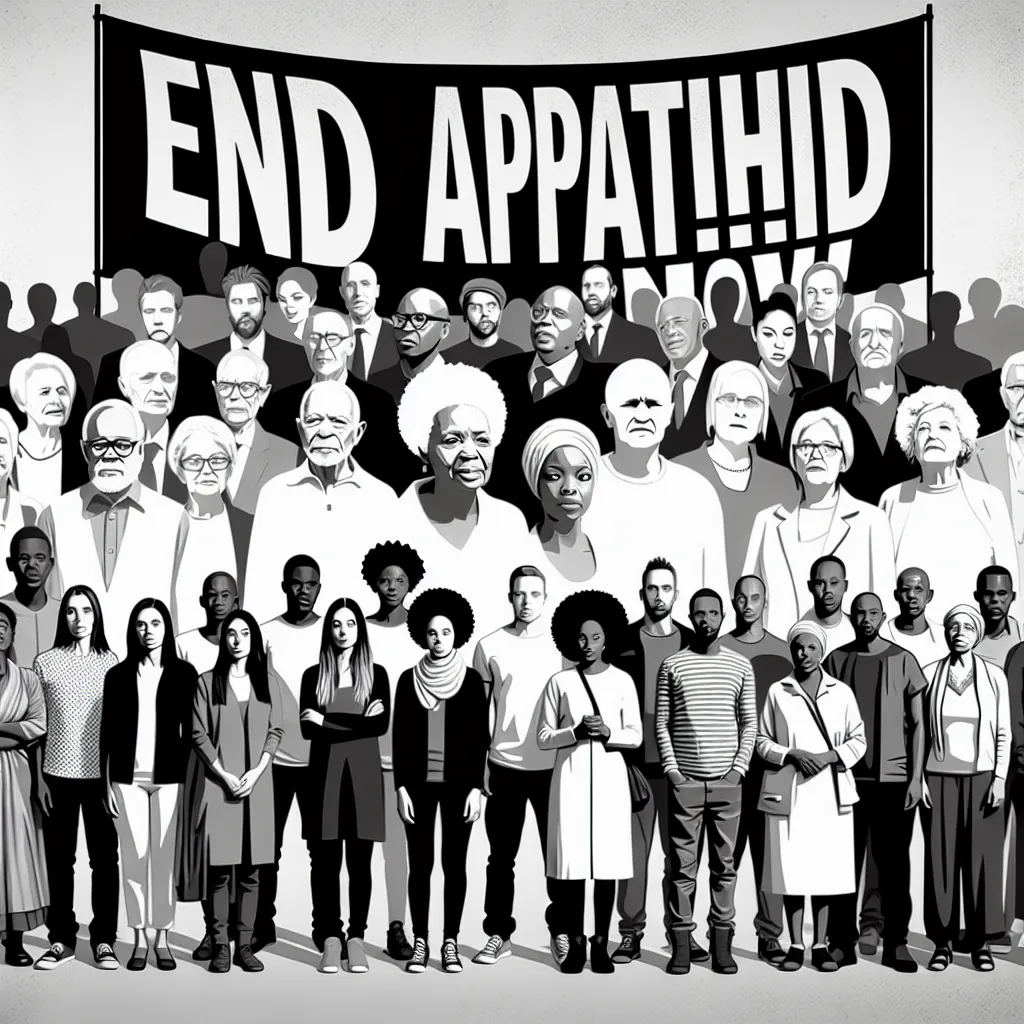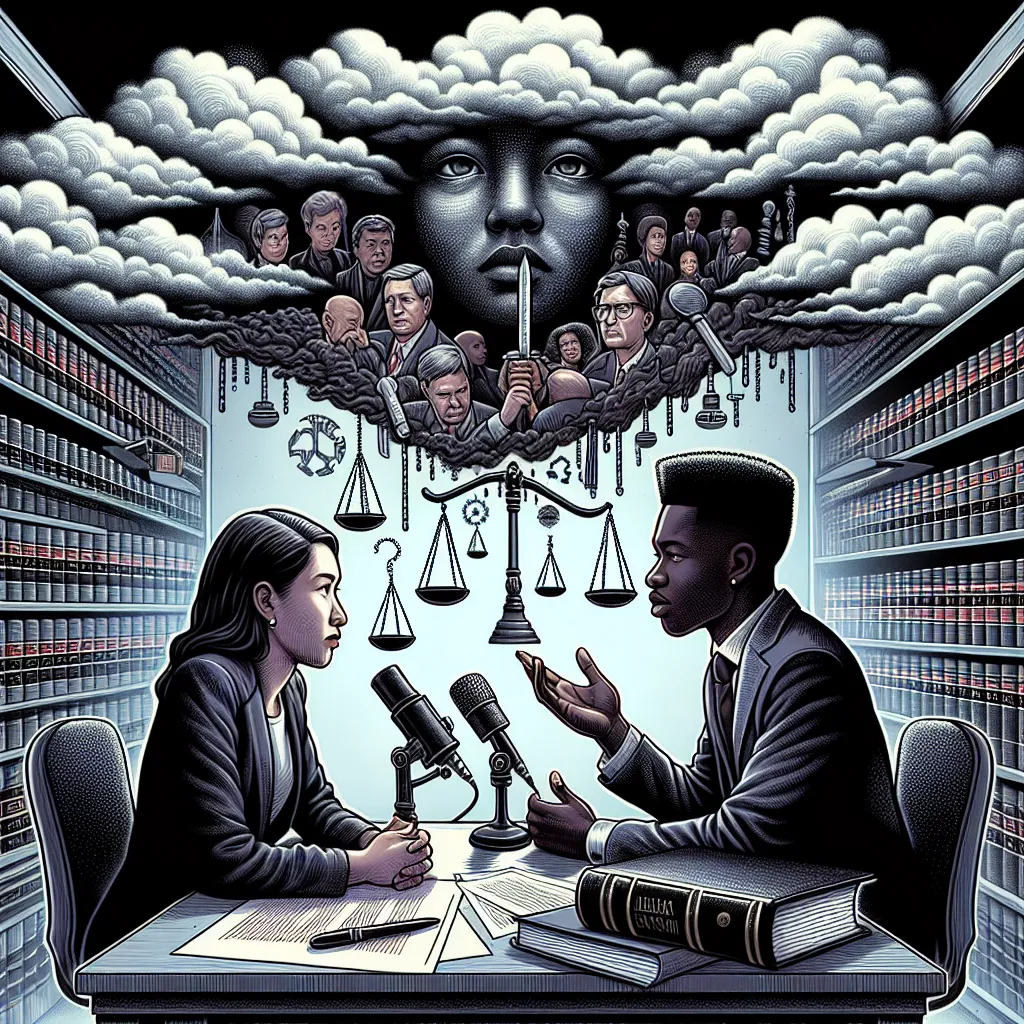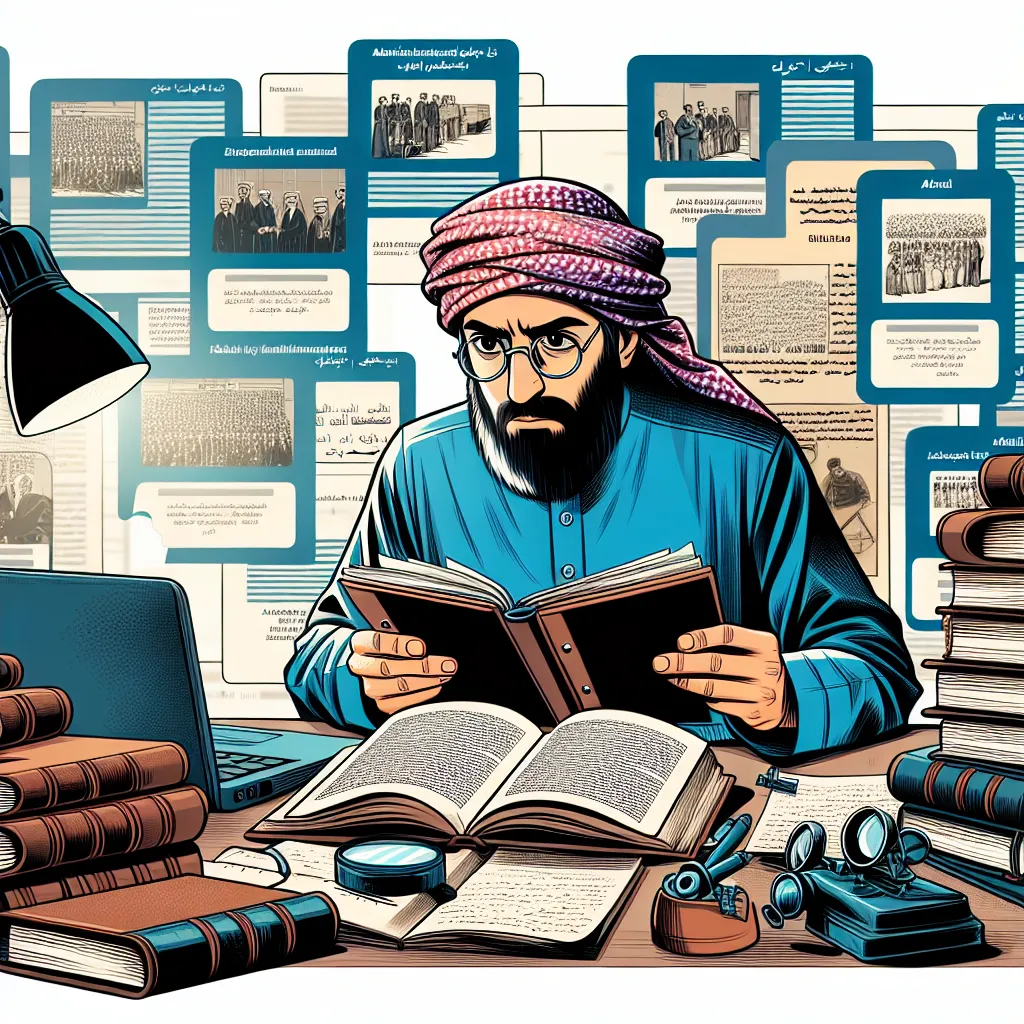Ask AI on The Internet
Question: Key Question: How did apartheid affect people’s lives and how did they respond? The project consists of two parts: • A written research task on one apartheid law • An oral history task in which you interview a person. Written research 1. Decide which apartheid law you are going to research [for example: Bantu Education Act; 2. Make use of reliable internet sites/books to research your law. 3. Write down the details of where you found your information for your bibliography. Research Essay: Introduction: State which law you have researched and the reason why you chose this issue. Body of evidence: a) When was the law passed or implemented? Why was the law passed? b) What changed were put in place after the law was implemented? c) What attitudes did people have towards the law? Conclusion: Why do you think this law or issue is interesting or important to know about today? Write a bibliography: 1) Title of Article: ____________________________________________________ Title of Website:___________________________________________________ Author: ________________________________________ Date of Publication: ________________________________________________ Date Accessed: ________________________________________ Publisher: _______________________________________ Page Numbers Used (If applicable): __________________ 2) Title of Article: ____________________________________________________ Title of Website:___________________________________________________ Author: ________________________________________ Date of Publication: ________________________________________________ Date Accessed: ________________________________________ Publisher: _______________________________________ Page Numbers Used (If applicable): __________________ Oral History Interview: Find out more about the law you researched from someone whose life was affected by it. Briefly explain why you chose this person. Ask the interviewee the following questions. Write down short answers. 1)When were you born? 2)Where did you grow up? 3) How did this law (e.g. Separate Amenities Act) affect you? 4) How did you respond to this law? 5) Why did you choose to respond in this manner? 6) How do you feel now that this law (Separate Amenities Act) in so longer a law in South Africa? Using the information, you gathered from your research and the interview, write an essay about the person who was interviewed. Focus on how he/she was affected by the law or issue and how he/she responded to it. Comment on your own reflections on the experience of doing the project. [What was interesting? How has it made you rethink your own views?] Your project will be marked according to this rubric: Level 7 Outstanding Level 6 Meritorious Level 5 Substantial Level 4 Adequate Level 3 Moderate Level 2 Elementary Level 1 Not Achieved Articulate, insightful, well expressed, accurate and appropriate content Well expressed, clear; accurate and appropriate content Good expression; clear; could have more content; good understanding Some errors in expression; some good content; but little understanding Errors in expression; could have more content; not much understanding Poor expression; content inadequate; No understanding of the issues; some areas incomplete Incomplete; no understanding shown; poor or inaccurate expression and content Research essay (20) 20-16 15-14 13-12 11-10 9-8 7-6 5-0 Bibliography (3) 3 2 1 0 Person chosen (3) 3 2 1 0 Essay about the person you interviewed (20) 20-16 15-14 13-12 11-10 9-8 7-6 5-0 Self -reflection (4) 4-3 2 1 0 Total: ______/50
### Research Essay #### Introduction For this research project, I have chosen to investigate the Bantu Education Act of 1953. I selected this law because it had profound and far-reaching effects on the education system in South Africa, systematically enforcing racial segregation and inequality that shaped the lives of millions of South Africans. Understanding this law provides insight into the broader impacts of apartheid and the social structures that it perpetuated. #### Body of Evidence **a) When was the law passed or implemented? Why was the law passed?** The Bantu Education Act was passed in 1953 and implemented in January 1954. The purpose of the law was to enforce racially separated educational facilities and to curtail the educational opportunities of black South Africans, ensuring that they would receive an inferior education compared to white South Africans. The law was designed to produce a labor force that would be subservient to the needs of the apartheid economy, reinforcing social and economic inequalities. **b) What changes were put in place after the law was implemented?** After the implementation of the Bantu Education Act, the South African government took over control of native education from the missions, which had previously provided a reasonably high standard of education for black students. School curricula were downgraded to focus on manual labor and menial jobs, and schools for black students were underfunded and overcrowded. Teachers in black schools were often poorly trained and inadequately paid. Schools were also segregated, ensuring distinct educational paths for different racial groups that maintained white supremacy. **c) What attitudes did people have towards the law?** The Bantu Education Act was met with intense resistance from black South Africans, educators, and international communities. Many parents and students boycotted the new schools, choosing to either attend mission schools in neighboring countries or particularly the homeland states that did not enforce the Act in the same way, or unofficial schools (known as "cultural clubs"). Organizations such as the African National Congress (ANC) and the South African Congress of Trade Unions (SACTU) condemned the law and actively campaigned against it through protests and petitions. #### Conclusion The Bantu Education Act is crucial to understanding the institutionalized racism and systematic disenfranchisement of black South Africans during apartheid. Its effects are still felt today in terms of educational disparities and economic inequalities. By studying this law, we can better comprehend the long-lasting ramifications of apartheid and the importance of equitable education for social justice and economic development. #### Bibliography 1) Title of Article: "The Bantu Education Act of 1953" Title of Website: South African History Online Author: South African History Online Date of Publication: Unknown Date Accessed: [Current Date] Publisher: South African History Online Page Numbers Used (If applicable): N/A 2) Title of Article: "How the Bantu Education Act Created a System of Inferior Education" Title of Website: Africa is a Country Author: Unknown Date of Publication: Unknown Date Accessed: [Current Date] Publisher: Africa is a Country Page Numbers Used (If applicable): N/A --- ### Oral History Interview **The Person Chosen:** I chose to interview Mr. X [Pseudonym], a teacher who experienced the impact of the Bantu Education Act firsthand. His perspective provides valuable insights into how the act affected individuals and communities on a personal level. 1. **When were you born?** - 1945 2. **Where did you grow up?** - Soweto, Johannesburg, South Africa 3. **How did this law (Bantu Education Act) affect you?** - It severely limited my educational opportunities. The quality of education dropped, and resources were scarce. Our teachers were often underqualified, and the curriculum was geared towards menial labor. 4. **How did you respond to this law?** - I decided to become a teacher myself, to do what little I could to provide better education to black students despite the system. 5. **Why did you choose to respond in this manner?** - I believed that education was a powerful tool for change. I wanted to help lift my community out of the conditions we were forced into by the apartheid regime. 6. **How do you feel now that this law (Bantu Education Act) is no longer in effect in South Africa?** - Relieved but conscious that the legacy of the law still impacts education today. While the law is gone, disparities in educational resources and opportunities remain. ### Essay on Interviewee Mr. X, born in 1945, grew up in Soweto, Johannesburg, as a direct witness to the Bantu Education Act's implementation. The Act profoundly affected his educational journey, curbing his opportunities and directing him towards an education system designed to limit his potential. Despite these adversities, Mr. X resolved to improve the lives of black South Africans through education. He pursued a career as a teacher, dedicated to providing quality education within an oppressive system. His career decision stemmed from his belief in education as an instrument for social change. With the end of apartheid and the repeal of discriminatory laws like the Bantu Education Act, Mr. X expresses relief but also acknowledges that the legacy of these laws continues to shape educational disparities in South Africa today. ### Self-Reflection This research project has been insightful and thought-provoking. Learning about the Bantu Education Act and interviewing Mr. X has deepened my understanding of the individual and collective struggles under apartheid. It has made me reconsider my views on the importance of equitable education and the long-term impacts of systemic injustice. The project underscores the necessity of remembering and studying such histories to inform ongoing efforts towards social justice and equality. ### Total: ______/50
Think your answer is better than the AI's? Post it below.
Question Tags
If you want your question answered by an AI, click here.







Post your own comment: